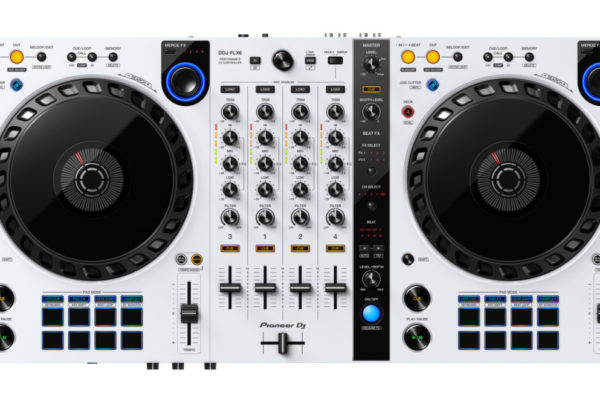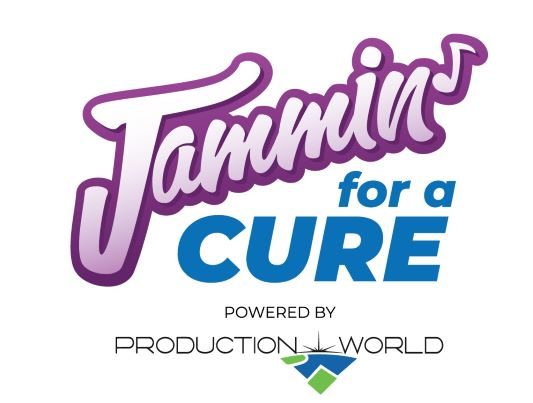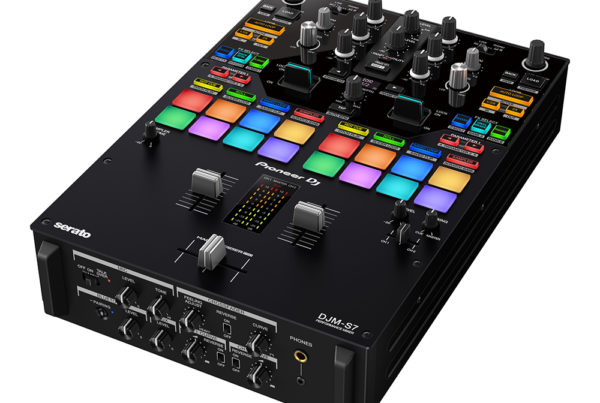Over the past 3 decades, the broadcast industry has been feverishly consolidating itself in an effort to stem the financial bleeding brought on by the disruption of alternative sources of media. Well, they were an alternative at first. Internet broadcasters have been growing their audiences significantly, and traditional broadcasters have been caught in the wake. A quick review of the list of defunct radio stations (specifically in Canada) is a stark reminder of the reality.
As a result, thousands of broadcasters in television and radio have lost their jobs. Many have migrated to the web and started their own radio programs, more commonly known as podcasts. The stark reality is that, as easy as it may be to start up a podcast, the bigger challenge is to build an audience. As such, this has spawned internet networks who promise audiences and revenue, usually shared revenue, allowing individual broadcasters to focus more on producing their programs rather than marketing.
A little history. Internet radio was pioneered by Carl Malamud. In 1993, Malamud launched “Internet Talk Radio”, which was the “first computer-radio talk show, each week interviewing a computer expert”.
In 1995, Scott Bourne founded NetRadio.com as the world’s first Internet-only radio network. NetRadio.com was another pioneer in Internet radio. It was the first Internet-only network to be licensed by ASCAP. It was eventually bought out and ceased operations in 2001.
In Canada, Jean-Marie Heimrath, a former record A&R veteran, started Sound Source, which, in 2004, led to an online start-up, Icebergradio.com, known today as AccuRadio.
So much for history. Thanks to current technology, which allows an ambitious podcaster to simply plug a microphone into a computer, the viral spread of podcasts continues. The question is: is anyone really making any money? The general answer is a flat “no”; however, there is more opportunity now for internet radio broadcasters to generate revenue if they’re willing to ante up some money either via subscription to network services or set-up fees, much like those spent by independent authors who self-publish using self-publishing book services.
So, herein is a review of some of the internet radio networks and services that provide the aspiring internet radio podcaster (or ‘broadcaster’ for you purists) platforms leading to revenue.
Since 1999, Shoutcast has offered the ultimate suite of advanced tools and services for a premium broadcasting experience. Users can choose between three monthly plans ranging from a few dollars to $20 a month. They boast 50,000 ‘stations’. Here’s the thing. They do not provide music licensing services; however, there are separate licensing services available.
Monetizing tools are driven by Targetspot, Shoutcast’s global advertising platform, which help monetize an audience. Ultimately, it’s a revenue sharing proposition split between broadcasters and Shoutcast.
To secure music licensing, Jamendo Music offers royalty-free music. Other royalty free services and music licensing sources include Youtube and Audio Blocks.
Live 365 also started in 1999. Unlike Shoutcast, Live 365 offers licensing in the USA through SoundExchange, ASCAP, BMI, and SESAC, in Canada through SOCAN and Re:Sound, and in the UK through PPL and PRS for Music. Like Shoutcast, they help broadcasters monetize within a revenue sharing agreement. Various plans range from a free subscription up to $199 a month.
VA has been around for 21 years and offers platforms and services to both radio and TV hosts but it’s a big commitment requiring an upfront investment. VA requires you to commit to a 13-week pilot series, which includes a VA Executive Producer. Hosts have to pitch their shows first in order to be evaluated. There is a cost to getting your own show. Be prepared to dole out a few thousand bucks; however, several programs on this network have done very well financially.
The Exchange is not a podcast development service for the average start-up broadcaster/podcaster as such. The brain-child of veteran Canadian radio guru, Jean Marie Heimrath, the Exchange, based in Toronto, works with brands to produce and deliver original podcast content, helping them build unique and intimate relationships with their audiences in a way traditional media cannot. For podcasters who are already established with a program and measurable audience, the Exchange might put you on their roster and bring advertisers to it.
OTHER SERVICES
Buzzsprout is a podcast hosting site helping podcasters get started and help them list their programs on various directories such as Spotify, Apple Podcasts, Stitcher, Google Podcasts, and Amazon Alexa. Reviewers have put them at the top of the best platforms list in 2020.
Anchor is another, similar, hosting site featuring free hosting and distribution. Their kit also includes creation tools.
Following this ‘other’ theme, check out any of these: Captivate, Transistor, Castos, Podbean, Simplecast, and Resonate.
OVER TO YOU
A final note about audience-building. It’s one thing to have a good story to tell. What is more daunting is how you build the audience to hear it. Just because you feel your podcast is interesting or unique doesn’t guarantee you will attract a significant audience in the short term — or any term. The other part of this equation is about the work it takes to attract ears.
This fact is what has spawned the creation of the aforementioned services and the practical podcaster should take advantage of what they bring to the table. Yes, it will cost some money in most cases, but the investment will go a long way in bringing you into the — dare we say it — hear — and now.




